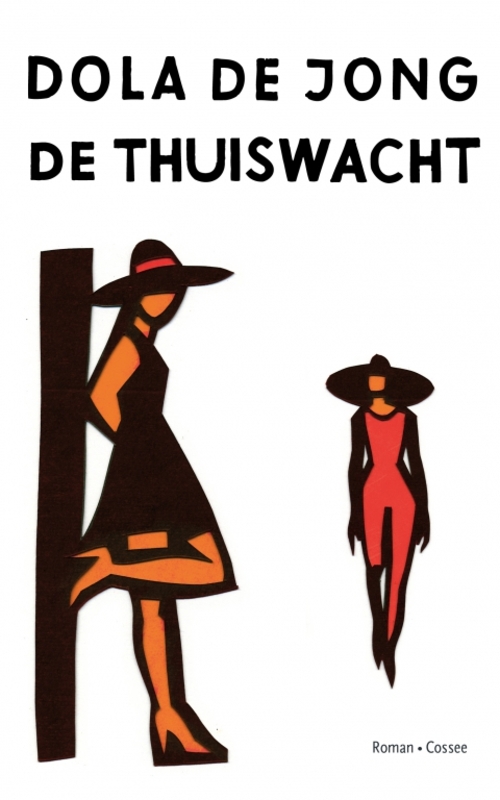
Two very different girls share an appartment in Amsterdam; reckless Erica, a young journalist who pursues passionate affairs with various women, and shy Bea, who leads a quiet life.
Erica, who believes herself to be half-Jewish, passes on the opportunity to fl ee to the United States just before the outbreak of World War II. Bea discovers her feelings for her friend are growing stronger, but denial and shame keep her from acknowledging her affection.
‘A masterful depiction of the love of two women, one of whom loves without understanding her own sensuality, while the other indulges in passions with little concept of love.’ – Johan P. Snapper, Professor of the University of California, Berkeley
‘The tree and the vine is an intelligent book that showcases Dola de Jong’s talent at portraying deeper human motives, while at the same time having an eye for the banal details of life.’ – Bo van Houwelingen, de Volkskrant ****
‘The passive Bea views herself as the spectator of Erica’s escapades, but Dola de Jong subtly allows us to experience how jealousy and growing but repressed sexual desires play a trick on both friends. Meanwhile, the half-Jewish, lesbian Erica is playing with fire now that the German regime has an eye on her. “Friendship is an area that has yet to be explored in literature”, said writer Emma Cline last summer in this newspaper. It probably has to do with them formerly being considered scandalous that so little has been written in literature about relationships between women. It says a lot about Dola de Jong’s keen eye for detail that The Tree and the Vine, portraying the fascination of the timid Bea for the charismatic, reprobate Erica, reminds one so much of the big hit of last summer The Girls by Emma Cline. And that this writer draws you into this relationship as if it just happened yesterday, and not a long time ago, in the repressive 30’s.’ - Jann Ruyters, Trouw
‘Bea and Erica are wonderful, real-live characters. Bea’s clumsiness and Erica’s desperate reactions give meaning and direction to their relationship. It is a touching and delicately written story of a women that can only conclude afterwards that she had let her chance to happiness pass by. Well done and still worth reading!’ – Jannie Trouwborst, De leesclub van alles
‘How the in-between space, between love and friendship, never could really be overcome by the two women, is the central theme of Dola de Jong’s pretty much unparalleled novel from 1954, that has now, after the republication of her earlier novel The Field (1947), also been republished. [..] Through the voice of Bea, Dola de Jong seems to want say with deepest conviction: don’t waste time being surprised at your own feelings, experience them. You never know how long it will be possible to see them answered.’ – Hannah van Wieringen, NRC ****
‘If there is something very elegant about the novel then it is the style. De Jong writes in beautiful, clear prose.’ – Vrouwenbibliotheek.nl
‘Just like music reappearing in remastered form, Cossee thought it was time to introduce this forgotten, but beautiful novel to this century. [..] The love of the two women takes place first and foremost introvertly, but it becomes beautifully palpable in the book.’ – Zij aan zij